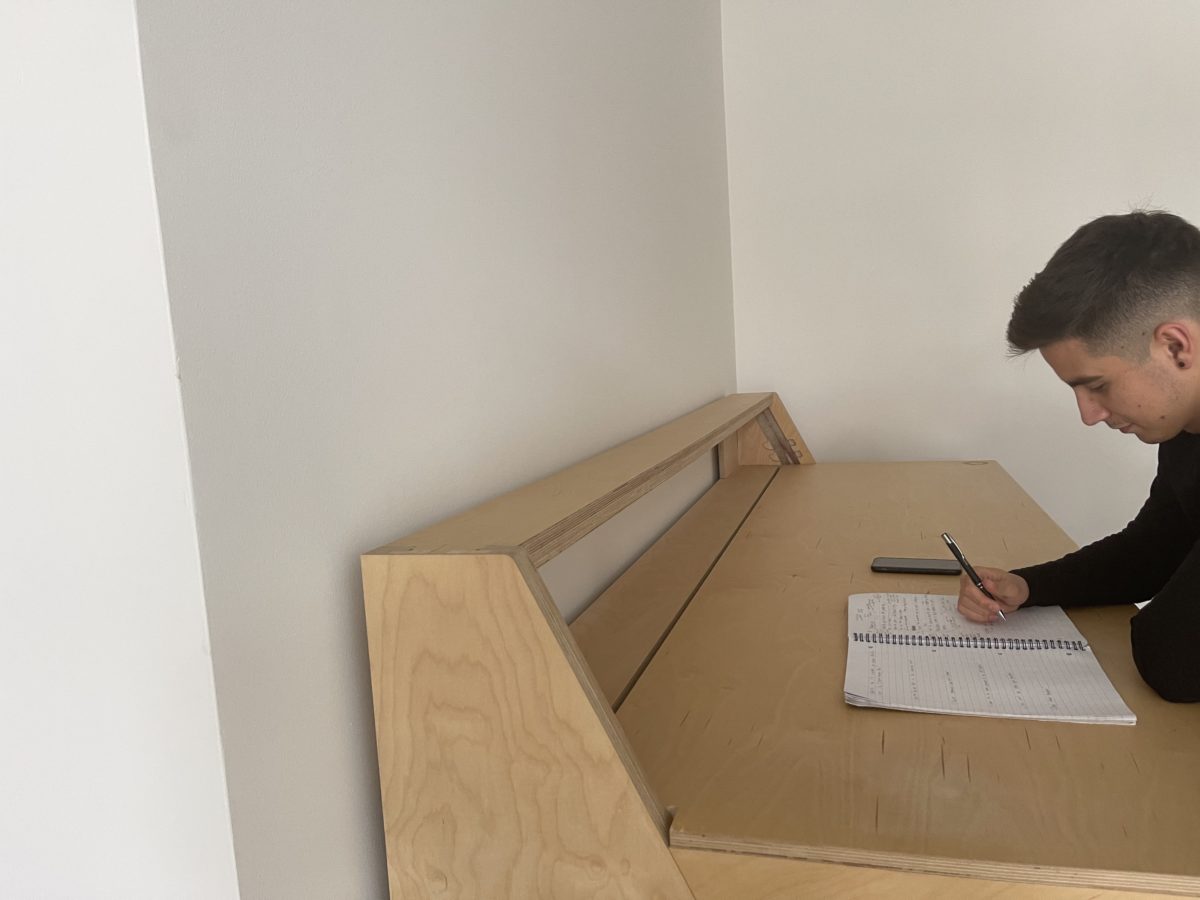
Top 6 Revision Tips to Help Manage Exam Stress
Not everyone understands how stressful school and college exams are. It was only last summer I was revising for my A-Level exams in the midst of a pandemic. I even sat a virtual exam at home, on a Teams call, with over 60 students in the same call, and a time limit in place. Not ideal.
At Professional Apprenticeships, we want to make sure that not only are you not stressed about your exams, but that you feel confident, have a plan of action, and have a full arsenal of techniques to be better prepared than your mother on airport day. So why not a few tips from the current apprentices who had to sit their exams during covid?
- Start Early & Prioritise
You’ll feel the benefits of this when you get to exam week and all your mates are stressing about revising, and you suddenly realise you’ve got everything under control. Write down every single thing you need to revise, and organise in order of priority. Then plan what you will revise and when, and tick off the list as you go. Make sure to reflect on what you revise a couple days after to embed your learning.
- Learn How to Write & Prioritise Analysis & Evaluation Questions (9-25 markers)
Once you get good at writing these at speed, it’s a game changer. The method I used is I would ask my teachers for practice papers, and would then answer every single question from the first 9-marker to the last 25-marker. Don’t time yourself straight off the bat. Get confident with knowing what to write, get feedback from your teacher, and get to know the feeling of scoring in high percentiles on questions. Only then start to time yourself.
- Present What You Have Learned
We all learn in different ways, and you need to keep that in mind when you revise. Ensure you are using different methods of consuming information, whether that’s text, photo video, audio etc. Once you think you have digested the information you need, present it and explain it to a friend. This will ensure you can recall the content when needed and show you areas you need to revise further.
- Use a Variety of Online Resources
Some golden resources include tutor2u. Ran by 2 brothers, it is an absolute gem for subject and topic breakdowns, exam practice, revision notes, and so much more. Keynotes, podcasts and interviews are underrated when it comes to revision. The value I got out of listening to people other than my teachers was huge. Always good to get a professional, outside perspective.
- Take Care of Yourself
It’s not uncommon for us to neglect our diet, exercise and mental health whilst revising. This can have a negative impact on your ability to absorb information and increase stress levels. Schedule time for walks, exercise, gym and even guided meditation. You will perform significantly better in your exams if you do.
- Mentally Detox
Get in the habit of not thinking about your studies out of hours. Do not underestimate the power and importance of this. Your attention bank will be exhausted after hours of study and revision. Any study-related activities you complete in this state will actually have a backwards effect.
As some say, “Luck is for the unprepared”. Use these tips, put in the work now, and you will be more than prepared and thanking yourself later. I can tell you that a month of working a little harder than usual and limiting your screen time, and then receiving your results and getting the top grades is an amazing feeling.
I wish you good revising, clear thinking, and articulate writing – you’ve got these exams in the bag! And if you want to find out more about apprenticeships and the routes you can take after school or college, just click on ‘Vacancies’ at the top of our page, apply, and get in touch!






